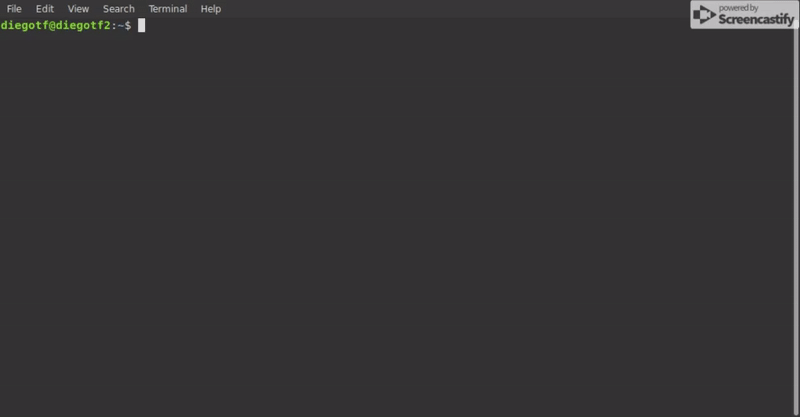diff options
| author | Diego Trevino Ferrer <diegof30@gmail.com> | 2019-08-07 21:51:54 +0000 |
|---|---|---|
| committer | Diego Trevino Ferrer <diegof30@gmail.com> | 2019-08-07 21:51:54 +0000 |
| commit | d4d00ae6a254f6ee42a044cf5c7b804fd1ec60b2 (patch) | |
| tree | 5b078c7b27885bc535d2da39889647310df86a90 /llvm/docs | |
| parent | 127af283abee88774c45bccdaafc4a0b52d59d5d (diff) | |
| download | bcm5719-llvm-d4d00ae6a254f6ee42a044cf5c7b804fd1ec60b2.tar.gz bcm5719-llvm-d4d00ae6a254f6ee42a044cf5c7b804fd1ec60b2.zip | |
Revert Added Delta IR Reduction Tool
This reverts r368071 (git commit a2584978f5bb41973d65a145b0d9459b81e3ac6d)
llvm-svn: 368217
Diffstat (limited to 'llvm/docs')
| -rw-r--r-- | llvm/docs/BugpointRedesign.md | 105 |
1 files changed, 0 insertions, 105 deletions
diff --git a/llvm/docs/BugpointRedesign.md b/llvm/docs/BugpointRedesign.md deleted file mode 100644 index 98a271f2f92..00000000000 --- a/llvm/docs/BugpointRedesign.md +++ /dev/null @@ -1,105 +0,0 @@ -# Bugpoint Redesign -Author: Diego Treviño (diegotf@google.com) - -Date: 2019-06-05 - -Status: Draft - - -## Introduction -As use of bugpoint has grown several areas of improvement have been identified -through years of use: confusing to use, slow, it doesn’t always produce high -quality test cases, etc. This document proposes a new approach with a narrower -focus: minimization of IR test cases. - - -## Proposed New Design - - -### Narrow focus: test-case reduction -The main focus will be a code reduction strategy to obtain much smaller test -cases that still have the same property as the original one. This will be done -via classic delta debugging and by adding some IR-specific reductions (e.g. -replacing globals, removing unused instructions, etc), similar to what -already exists, but with more in-depth minimization. - - -Granted, if the community differs on this proposal, the legacy code could still -be present in the tool, but with the caveat of still being documented and -designed towards delta reduction. - - -### Command-Line Options -We are proposing to reduce the plethora of bugpoint’s options to just two: an -interesting-ness test and the arguments for said test, similar to other delta -reduction tools such as CReduce, Delta, and Lithium; the tool should feel less - cluttered, and there should also be no uncertainty about how to operate it. - - -The interesting-ness test that’s going to be run to reduce the code is given -by name: - `--test=<test_name>` -If a `--test` option is not given, the program exits; this option is similar -to bugpoint’s current `-compile-custom` option, which lets the user run a -custom script. - - -The interesting-ness test would be defined as a script that returns 0 when the -IR achieves a user-defined behaviour (e.g. failure to compile on clang) and a -nonzero value when otherwise. Leaving the user the freedom to determine what is -and isn’t interesting to the tool, and thus, streamlining the process of -reducing a test-case. - - -If the test accepts any arguments (excluding the input ll/bc file), they are -given via the following flag: - `--test_args=<test_arguments>` -If unspecified, the test is run as given. It’s worth noting that the input file -would be passed as a parameter to the test, similar how `-compile-custom` -currently operates. - - -### Implementation -The tool would behave similar to CReduce’s functionality in that it would have a -list of passes that try to minimize the given test-case. We should be able to -modularize the tool’s behavior, as well as making it easier to maintain and -expand. - - -The first version of this redesign would try to: - - -* Discard functions, instructions and metadata that don’t influence the - interesting-ness test -* Remove unused parameters from functions -* Eliminate unvisited conditional paths -* Rename variables to more regular ones (such as “a”, “b”, “c”, etc.) - - -Once these passes are implemented, more meaningful reductions (such as type -reduction) would be added to the tool, to even further reduce IR. - - -## Background on historical bugpoint issues - - -### Root Cause Analysis -Presently, bugpoint takes a long time to find the source problem in a given IR -file, mainly due to the fact that it tries to debug the input by running -various strategies to classify the bug, which in turn run multiple optimizer -and compilation passes over the input, taking up a lot of time. Furthermore, -when the IR crashes, it tries to reduce it by performing some sub-optimal -passes (e.g. a lot of unreachable blocks), and sometimes even fails to minimize -at all. - - -### "Quirky" Interface -Bugpoint’s current interface overwhelms and confuses the user, the help screen -alone ends up confusing rather providing guidance, as seen below: - - - -And, not only are there numerous features and options, but some of them also -work in unexpected ways and most of the time the user ends up using a custom -script. Pruning and simplifying the interface will be worth considering in -order to make the tool more useful in the general case and easier to maintain. |

